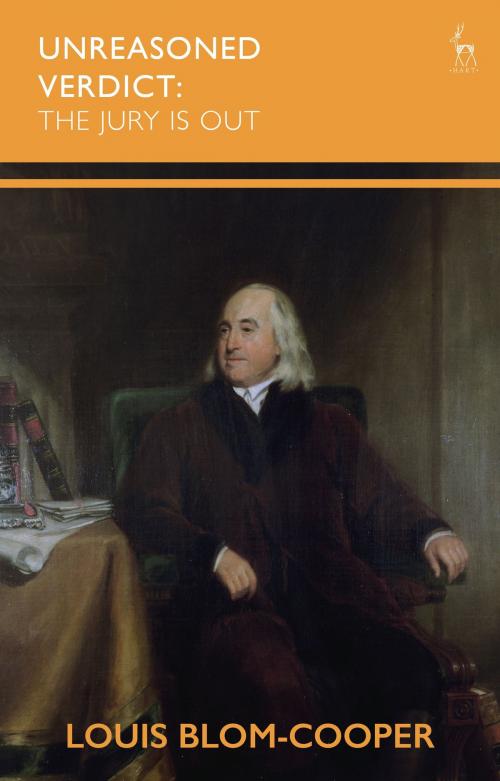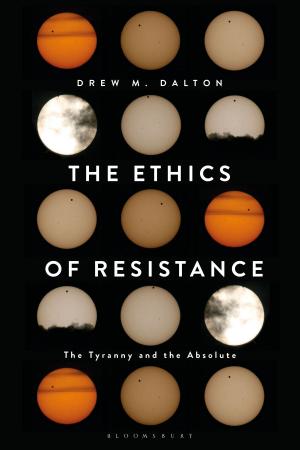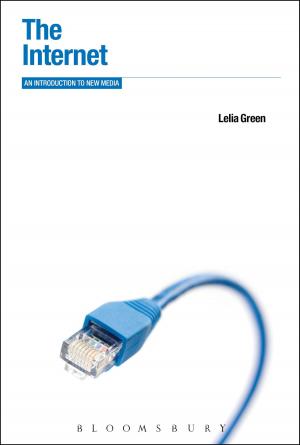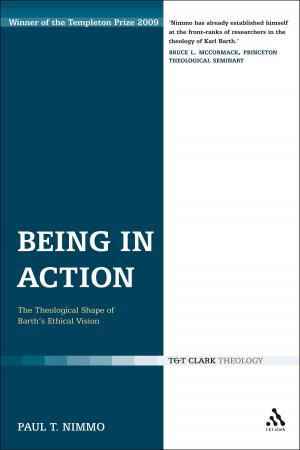Unreasoned Verdict
The Jury's Out
Nonfiction, Reference & Language, Law, Criminal Procedure, Criminal law| Author: | Sir Louis Blom-Cooper | ISBN: | 9781509915248 |
| Publisher: | Bloomsbury Publishing | Publication: | May 2, 2019 |
| Imprint: | Hart Publishing | Language: | English |
| Author: | Sir Louis Blom-Cooper |
| ISBN: | 9781509915248 |
| Publisher: | Bloomsbury Publishing |
| Publication: | May 2, 2019 |
| Imprint: | Hart Publishing |
| Language: | English |
The system of jury trial has survived, intact, for 750 years. In the light of contemporary opposition to jury trial for serious offences, this book explains the nature and scope today of jury trial, with its minor exceptions. It chronicles the origins and development of jury trial in the Anglo-Saxon world, seeking to explain and explore the principles that lie at the heart of the mode of criminal trial. It observes the distinction between the professional judge and the amateur juror or lay participant, and the value of such a mixed tribunal. Part of the book is devoted to the leading European jurisdictions, underlining their abandonment of trial by jury and its replacement with the mixed tribunal in pursuance of a political will to inject a lay element into the trial process. Democracy is not an essential element in the criminal trial. The book takes a look at the appellate system in crime, from the Criminal Appeals Act 1907 to the present day, and urges the reform of the appellate court, finding the trial decision unsatisfactory as well as unsafe. Other important issues are touched upon – judicial ethics and court-craft; perverse jury verdicts (the nullification of jury verdicts); the speciality of fraud offences, and the selection of models for various crimes, as well as suggested reforms of the waiver of a jury trial or the ability of the defendant to choose the mode of trial. The section ends with a discussion of the restricted exceptions to jury trial, where the experience of 30 years of judge-alone trials in Northern Ireland – the Diplock Courts – is discussed. Finally, the book proffers its proposal for a major change in direction – involvement of the defendant in the choice of mode of trial, and the intervention (where necessary) of the expert, not merely as a witness but as an assessor to the judiciary or as a supplemental decision-maker.
The system of jury trial has survived, intact, for 750 years. In the light of contemporary opposition to jury trial for serious offences, this book explains the nature and scope today of jury trial, with its minor exceptions. It chronicles the origins and development of jury trial in the Anglo-Saxon world, seeking to explain and explore the principles that lie at the heart of the mode of criminal trial. It observes the distinction between the professional judge and the amateur juror or lay participant, and the value of such a mixed tribunal. Part of the book is devoted to the leading European jurisdictions, underlining their abandonment of trial by jury and its replacement with the mixed tribunal in pursuance of a political will to inject a lay element into the trial process. Democracy is not an essential element in the criminal trial. The book takes a look at the appellate system in crime, from the Criminal Appeals Act 1907 to the present day, and urges the reform of the appellate court, finding the trial decision unsatisfactory as well as unsafe. Other important issues are touched upon – judicial ethics and court-craft; perverse jury verdicts (the nullification of jury verdicts); the speciality of fraud offences, and the selection of models for various crimes, as well as suggested reforms of the waiver of a jury trial or the ability of the defendant to choose the mode of trial. The section ends with a discussion of the restricted exceptions to jury trial, where the experience of 30 years of judge-alone trials in Northern Ireland – the Diplock Courts – is discussed. Finally, the book proffers its proposal for a major change in direction – involvement of the defendant in the choice of mode of trial, and the intervention (where necessary) of the expert, not merely as a witness but as an assessor to the judiciary or as a supplemental decision-maker.















